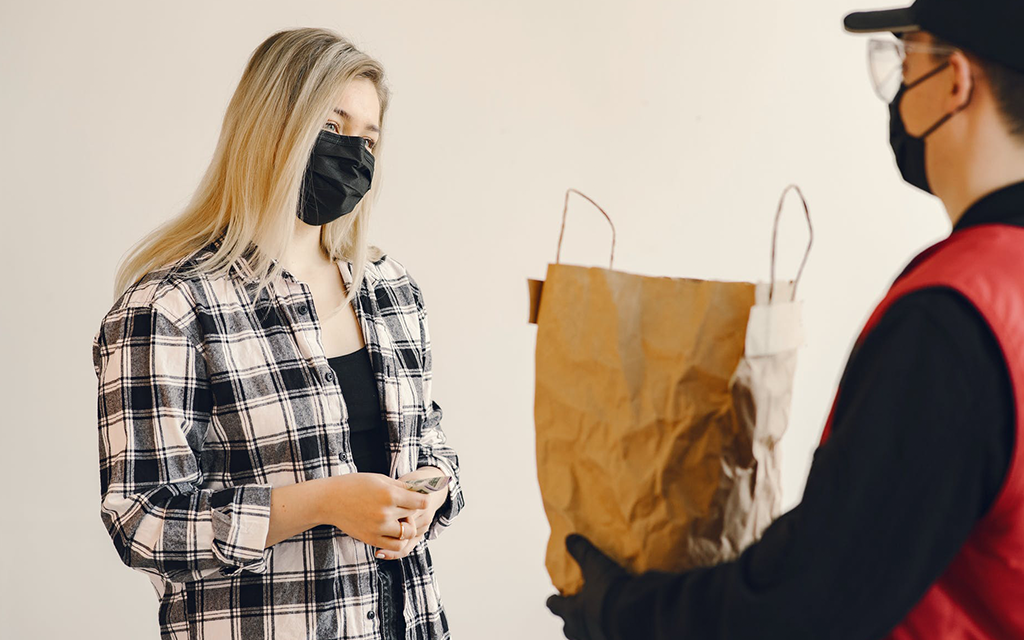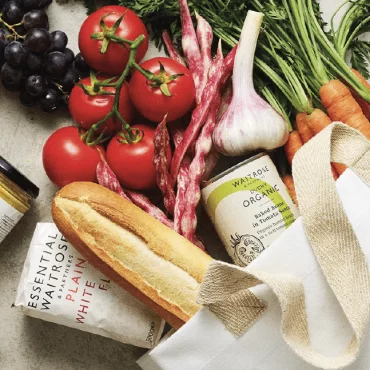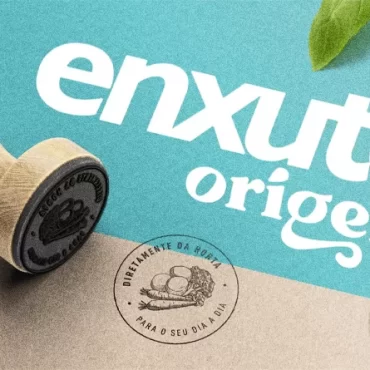How can new consumer behaviors influence private labels?

Get inspired
Disruptive changes and uncertainties caused by the coronavirus crisis have created unprecedented consumption behaviors, accelerating trends that were already underway. People have demanded new positions and actions by the brands, which, in response, are already adopting different resilience tactics to face the challenges of the scenario. For the private label segment, which grew in the first half of 2020, it would be no different.
More than ever, it is essential to pay attention to the fact that companies are made and maintained by people, and people need to feel welcomed. It is time for retailers to reformulate strategies to create value, equipping themselves with a more collaborative perspective for their business models. Do you want to understand what are the new consumption habits that are reshaping the horizon of private labels in the new context? Find out in this article!
New consumer behaviors
The pandemic acted as a global driver of changes in consumer habits. Boosting trends such as the digitization of processes and conscious consumption, both in the socio-environmental and financial aspects, the crisis has caused people to develop resilience, flexibility and creativity to deal with the new routines of life and work. And brands need to act as customers’ allies in this process, reinventing themselves at the same pace.
According to the “Consumidor do Futuro 2022” (Customer of the future 2022, in english) report by the trend company WGSN, there are 4 types of behaviors that impact the mentality regarding consumption: fear and uncertainty; social desynchronization, witch means the loss of the idea of community due to the lack of consistent interaction between people; the search for emotional adaptation; radical optimism. From these feelings, three new consumer profiles emerge:
- stabilizers: mainly composed of Millennials and Generation X, this group prioritizes balance, is skeptical about the future and seeks simplicity and convenience in shopping experiences.
- community members: mostly Millennials and Generation X, these people want to invest in their communities and local businesses and seek exclusivity and sustainability.
- new optimists: this group, formed by Generation Z and Baby Boomers, values moments of joy and celebration, demands representation for all age groups, runs away from stereotypes and embraces the power of the collective.
For private labels, these new consumer behaviors reveal opportunities. After all, in the face of economic uncertainties, people are looking for products and services with the best cost-benefit, but without giving up the quality and customization possibilities offered by the digital environment. In April 2020 alone, private label commodities grew 32.6%, compared to the same period in 2019, according to the Brazilian Association of Private Labels and Outsourcing (ABMAPRO).

How can private labels create value in this scenario?
To create differentiation in the market and meet the expectations of new consumer profiles, private labels now face the challenge of offering increasingly personalized experiences, without losing sight of the search for innovation and sustainability. But how to do that, anyway? We will present some possible paths.
1. Encourage social commerce
The growing search for social commerce initiatives is driven by several factors. In addition to the lesser social and environmental impact of these activities, consumers have become more aware of the quality and income generation potential of products. Added to this is the growing search for initiatives that connect people to local communities. It is not by chance that the brands that offer support for sustainable growth and the strength of the collective gain more and more prominence.
The pharmacy chain RaiaDrogasil, for example, launched, at the end of 2019, “Vegan by Needs”, a vegan line of its own cosmetics brand. With these products, the company seeks to democratize access to vegan products and generate income for small producers who work in the supply of raw materials. The packaging of the line is biodegradable, made of materials derived from clean sources.

2. Offer personalized experiences
Because of social distance, more and more people are adapting their routines to their own particularities. As the WGSN report states, “the same technological advances that guarantee record levels of convenience and productivity for society […] have created a desynchronized society”. Therefore, there is a growing need for personalized services, capable of meeting different habits and instilling the feeling of belonging of consumers.
One brand that engaged in the challenge was the Renner store chain, which, during the pandemic, developed lives at YouTube to promote the products of its private labels and present lifestyle tips. The 1st edition was held in partnership with the actress and presenter Fernanda Paes Leme, also indicating a new path for influential marketing strategies. With solutions like this, brands have the possibility to offer a differentiated consumer experience and to get closer to their audience.

3. Simplify access to quality
In addition to the concern about the risks and effects of the pandemic, the feeling of being overwhelmed by the excess of information, changes and daily tasks has been affecting many people. For this reason, they have invested more and more in accessible consumer experiences, which can bring a short relief to the troubled routine, but without giving up quality.
Aware of the expansion of the craft brewery segment in Brazil, the supermarket chain Carrefour chose Pande to lead the process of creating an exclusive and democratic brand: Nauta. To develop a relevant concept and position the new product on the market, we carried out an immersion process and identified the main codes of the category.
From there, our team developed a name and an identity capable of expressing the exploratory spirit of the new brand, evidencing the search of new consumers for different experiences. With rustic features, simplicity and irreverence, the packages communicate the Nauta beer differentials and invite consumers to discover a unique route of flavors and aromas.

Private labels are in an expansion phase, which brings new opportunities to the segment. But in order to create value in this scenario, companies need to be attentive to new consumer behaviors, seeking to meet the needs and exceed public expectations, which have been strongly impacted by the digitalization of routines, socio-environmental awareness and consequences of the pandemic in their personal and social life. Social. With research, strategy and a lot of creativity, it is possible to overcome this challenge.
Want more insights? Follow the articles produced by Pande and also follow our social networks: Instagram, Facebook and Linkedin.



